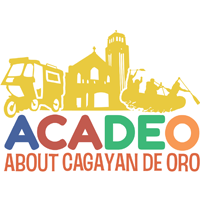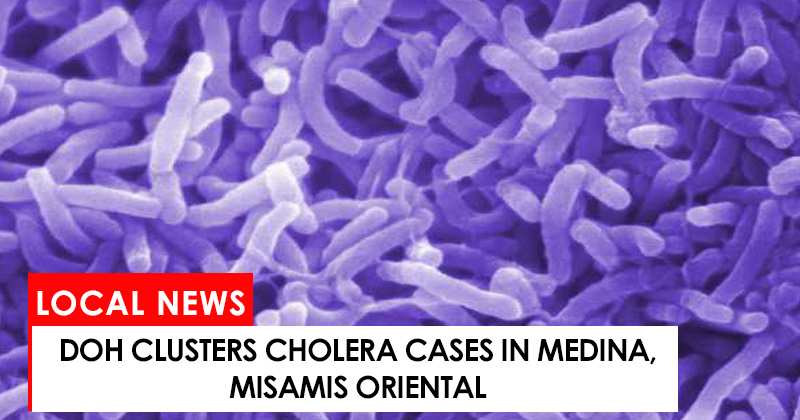01 Aug DOH clusters Cholera cases in Medina, Misamis Oriental
In an article from outbreaknewstoday.com, the Cholera outbreak in Medina, Misamis Oriental which started earlier July of this year have been clustered by the Department of Health (DOH) according to varying factors and conditions.
In an investigation conducted by the agency’s Regional Epidemiology Surveillance and Disaster Response Unit X (RESDRU X), 557 of suspected cholera cases were found in 17 out of 19 barangays in the municipality of Medina from June 1 to July 17 from which two deaths have been reported.
According to the report, females constitute 50% of the cases. The age bracket of the victims is from 6 months old to 86 years old.
The occurrence of symptoms included 160 instances of abdominal pain (29%), 157 vomiting (28%), 99 body malaise ( 18%), 75 anorexia (13%) and with the addition of 19 suspected cholera cases were tested positive for Vibrio cholerae.
Complaints were already brought up to the Medina’s main supplier of potable water, Medina Rural Waterworks and Sanitation Cooperative (MERWASCO) about the water turning salty to the taste.
As a response to this, proposals to rehabilitate the water pipelines used by MERWASCO were looked into. Such proposals are centered on making sure that saltwater will be prevented from speeding up the rusting process of the materials used for the pipes.
It was found out that the pipelines used for distributing water throughout the barangays in the municipality have been existing for roughly 30 years and have since then been submerged in drainage water. One particular intake box in Purok 5, South Poblacion was cited wherein it is frequently submerged in salt water during high tide.
DOH already increased the supply of its logistic equipment such as IV Fluids, medicines, and folding beds at hospitals and provided Waterine and Aquatabs at RHU’s. In addition to that, DPD kits for measuring the chlorine level of water was also given to MERWASCO.
The agency also sent a team from their Field Epidemiology Training Program (FETP) to assist in the area of interest. During the operation, rectal swabs and stool specimens were yielded from various sources of drinking water and will be undergoing further laboratory tests at the Research Institute for Tropical Medicine (RITM).



No Comments